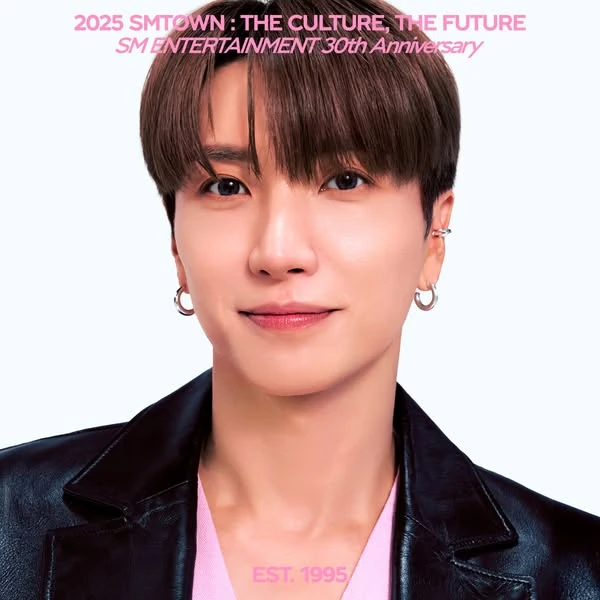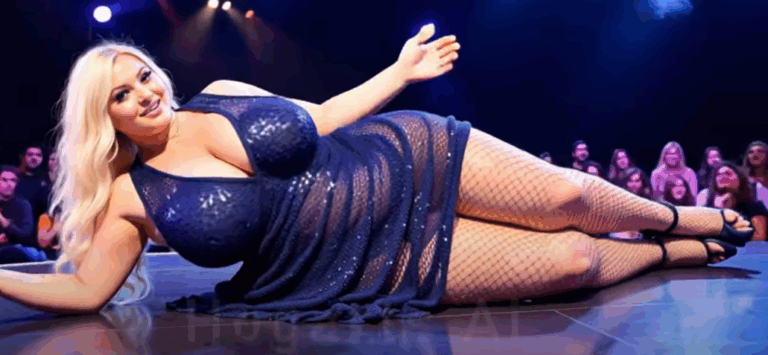The SMTOWN Live 2025 concert in Los Angeles was poised to be a celebration of K-pop’s global influence. It featured performances from top-tier groups like TVXQ, Red Velvet, NCT 127, and Super Junior. However, amidst the electrifying performances and fanfare, an unexpected moment from Super Junior’s leader, Leeteuk, shifted the evening’s narrative from music to politics.
Super Junior’s Leeteuk Surprising Declaration: “I love Trump” & ” I love Elon Musk”
During Super Junior’s set, Leeteuk engaged the audience with enthusiastic proclamations of his affection for various American staples. Amidst cheers, he exclaimed, “I love USA,” followed by mentions of popular fast-food chains like In-N-Out and Five Guys. However, his unexpected shout-outs—”I love Trump” and “I love Elon Musk”—caught attendees off guard and quickly became the focal point of online discussions.

The Internet Reacts to Super Junior
Clips of Leeteuk’s declarations rapidly circulated on social media platforms, igniting a firestorm of reactions. While some fans dismissed the comments as lighthearted attempts to connect with the American audience, others expressed discomfort and disappointment, particularly given the polarizing nature of the figures mentioned. The incident sparked debates about the intersection of entertainment and politics and the responsibilities of public figures in their public statements.
Navigating Global Sensitivities
Leeteuk’s comments underscore the complexities K-pop idols face as they navigate international stages. What might be perceived as a benign or humorous remark in one context can carry significant weight in another, especially when referencing political figures with contentious reputations. This incident highlights the importance of cultural and political awareness for global artists, emphasizing the need for sensitivity in diverse settings.

A Lesson in Cultural Awareness for Super Junior
As K-pop continues to expand its global footprint, moments like these serve as reminders of the intricate dynamics at play when entertainment intersects with politics. For artists, understanding the diverse perspectives of their international audiences becomes crucial. For fans, such incidents prompt reflection on the expectations placed upon their idols and the broader implications of their public statements.




